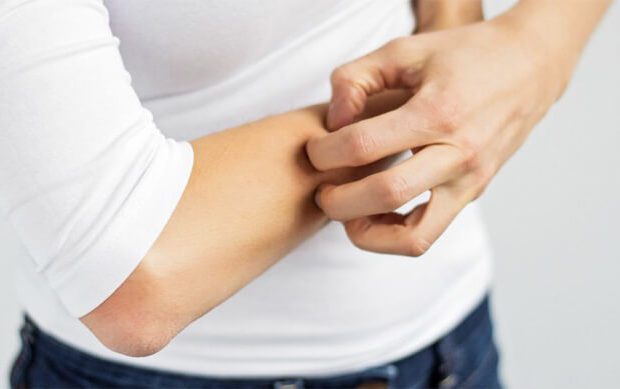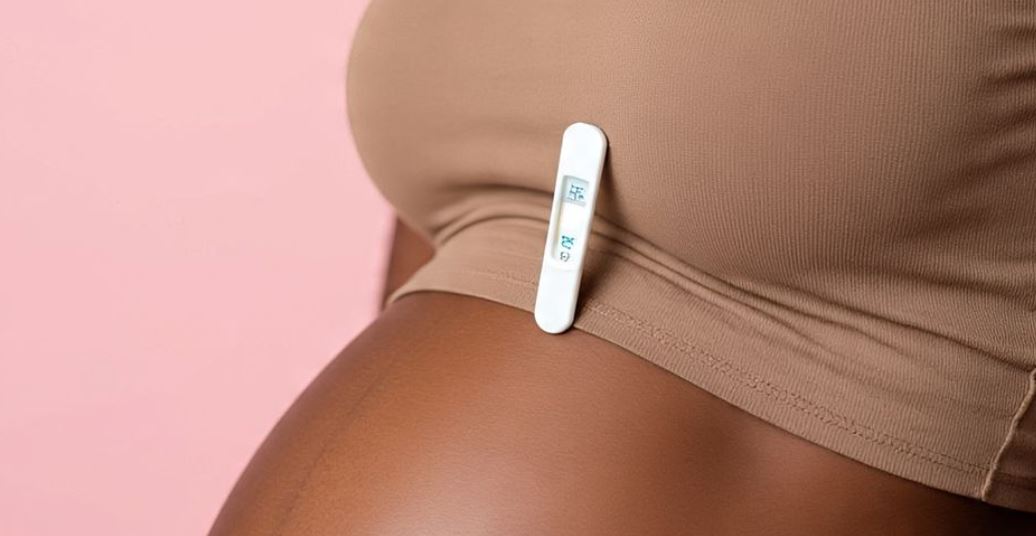Skin serves a vital purpose as a barrier, protecting the inside of the body. The skin is filled with special cells of the immune system that protect the body and skin from viruses, bacteria, and other hidden threats.
For some people, itchy skin is a constant battle. It can be difficult to understand exactly what is causing the skin to itch.
Itchy skin can be the result of a rash or another skin condition. It can also be a symptom of a more serious condition such as liver disease or kidney failure.
To get relief, it is important to identify the problem and treat the underlying cause.
Itching is a symptom that is common to many skin complaints. Skin can itch all over the body or only in specific areas.
Here are some specific causes of itchy skin.
Dry skin
Dry skin is one of the most common causes of itchy skin. If you do not see any bright red bumps or notice a sudden change to your skin, dry skin is a likely cause.
Environmental factors that can lead to dry skin include excessively hot or cold weather with low humidity, as well as washing too much.
Dry skin can affect any age group, but, as you age, your skin becomes thinner and drier.
A good moisturizer can usually help to repair dry skin.
Eczema
Eczema, or atopic dermatitis, is the most common cause of skin rash in children.
The WHO states that eczema affects 1 in 5 infants but only 1 in 50 adults.
The cause has been linked to leakiness of the skin barrier.
This causes the area to dry out, putting it at risk of irritation and inflammation. It is important to keep the skin moisturized.
Eczema often improves over time. People with eczema have to be careful, however, as they are more vulnerable to skin infections.
Allergies
Irritation and allergic reactions can also cause itchy skin. Allergic contact dermatitis occurs when the skin comes into direct contact with an allergen.
An allergic reaction can cause an itchy skin rash.
The result of the skin allergy is a red, itchy rash that can include small blisters or bumps.
The rash arises whenever your skin comes in contact with the allergen, a substance that the immune system attacks.
Often, there is a time delay between exposure to the allergen and when the rash occurs.
Allergic reactions can be triggered by touching clothing, pets, chemicals, soaps, and substances such as poison ivy or cosmetics.
Food allergies can also cause the skin to itch.
Nickel allergies are quite common. When you come into contact with jewelry that contains even a small amount of nickel, they can develop red, bumpy, itchy, and swollen skin at the point of contact.
If you have an allergic reaction to a particular substance, one of the easiest things to do is to avoid that product or substance.
Over-the-counter creams or medicated creams can help to clear up a rash.
Infections
Itching can also be related to parasites such as threadworms, insects such as bedbugs, mosquitoes, or lice.
Fungal infections such as athlete’s foot can also cause itching between and around the toes.
Home remedies
The following home remedies may help reduce itching:
Using a high-quality moisturizing cream on the skin and applying it at least once or twice each day.
Applying an anti-itch cream, such as nonprescription hydrocortisone cream, to the area to help relieve the itching.
Applying a cool, wet compress to the affected area.
Taking a lukewarm bath.
Choosing mild soaps without dyes or perfumes and using mild or unscented laundry detergent when washing.
Avoiding substances that irritate the skin or cause an allergic reaction such as nickel, jewelry, and wool.
Perhaps the most important self-care measure is to avoid scratching.
Scratching can ultimately lead to further inflammation and damage to the skin and can worsen the itching.
If over-the-counter creams do not work, if a rash spreads, or if you experiences additional symptoms beyond itching, you should see a physician or skin specialist to identify the cause and treat the particular problem.























